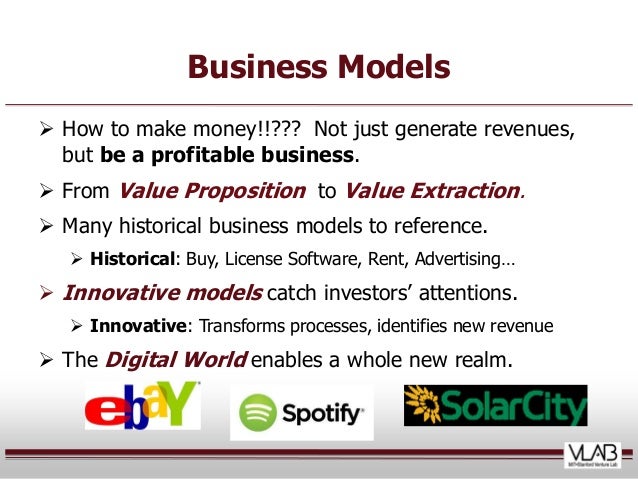
Image source: https://realestate.ipe.com/Pictures/web/a/i/x/The-green-imperative-_562.png
Declining markets and lack of credit challenge companies on every level. These pressing issues may temporarily mask the urgency of environmental concerns. Yet, environmental issues are not going away, and it would be a mistake to take your eye off the green ball (or your green strategy).
Here are four reasons that an environmental strategy remains important to your business:
1. Cutting costs. Systematically examining all aspects of your operations for eco-efficiencies can reveal ways to save substantial costs. Opportunities range from the simple -- such as installing devices to save water and electricity -- to the more complex -- such as light-weighting packaging.
A couple of examples of how companies' eco-efficiency efforts can save money, reduce waste and improve environmental impacts include:
* Harrah's Entertainment, which estimates it is saving $10 million annually with its energy and environmental conservation initiatives, and
* Wal-Mart, which, the New York Times reported, saved $3.5 million per year by recycling and selling loose plastic. Wal-Mart also predicts it will save $500M by 2020 by identifying ways to more efficiently load trucks.
Takeaway: In the short-term, companies are under pressure to manage limited resources and cut costs. Using an eco-efficiency lens to identify and implement projects can save money and reduce environmental impacts in both the near and the long-term.
2. Identifying and reducing risks. An environmental focus can uncover and help manage risks in the supply chain and from actual or pending environmental regulations.
Analyzing and reducing the environmental impacts of a company's supply chain is critical in an age of increased scrutiny. Just ask any one of the toy manufacturers or consumer goods companies who failed to monitor their suppliers. These companies became a lead story flashed around the world within 24 hours.
Takeway: Not only is environmental oversight of the supply chain good management, but it is also necessary to ensure consumer and environmental safety and avoid becoming headline news.
Understanding environmental regulatory risk is also increasingly important. Several examples demonstrate that environmental regulations in the US will evolve rapidly.
* California and 13 other states will soon be setting auto emissions and fuel efficiency standards,
* Discussions about federal climate change regulations are ramping up with administration and congressional support, and
* The Environmental Protection Agency Administrator has made assessing and managing chemical risks one of the agency's five priorities.
Takeaway: Support for environmental and climate change regulations is growing. Companies need to understand what these new or revised laws mean for their business.
3. Connecting to customers and driving revenue. Consumers are buying less, so it is more important than ever to maintain a connection to your customers and encourage loyalty.
Recent surveys suggest that consumers continue to demand environmental and social values in products along with price and quality. One of these surveys, from the Boston Consulting Group, [January 2009 - http://www.bcg.com/impact_expertise/publications/files/Capturing_Green_Advantage_Consumer_Companies_Jan_2009.pdf] found that despite a down market, consumers care about green product attributes, especially in food, appliances and personal care purchases.
While consumers may be confused about what "green" or "sustainability" means, they are beginning to understand that products they purchase have a life cycle impact on the environment. Brands, such as Tropicana and Fiji Water, are taking advantage of this trend by assessing their products' environmental footprint and communicating it to consumers, sometimes right on the label.
Takeaway: The conscious consumer will continue to purchase based on "value" as well as "values." Companies need to rethink their product portfolio, understand their products' environmental impacts (and attributes) and communicate this to a savvier consumer.
4. Enhancing brand and image. Stakeholders, such as employees and customers, are loyal to companies that do the right thing and communicate about it in a transparent and compelling way. With faster communications, a company's reputation is on the line daily.
Employees are a particularly important group to highlight. Retaining employees, especially high-end knowledge workers, is critical to weathering these markets. Green initiatives provide opportunities to engage employees and boost morale.
Focusing existing staff on sustainability initiatives can build on employees' knowledge of the company and produce measurable benefits. For example, a major cosmetics manufacturer launched green teams that have pushed the company's environmental agenda forward and identified millions of dollars of savings. These employees knew where to find savings and how to effect the changes they recommended.
Takeaway: Green initiatives are a way to engage employees, build morale and potentially save money.
Bottom Line: While the economic crisis has created an unforgiving environment for businesses, environmental sustainability remains a business imperative. A focus on sustainability can help you manage short-term challenges, cut costs and position for future growth.
Copyright (c) 2009 Daniel C. Esty, author of Green to Gold: How Smart Companies Use Environmental Strategy to Innovate, Create Value, and Build Competitive Advantage

